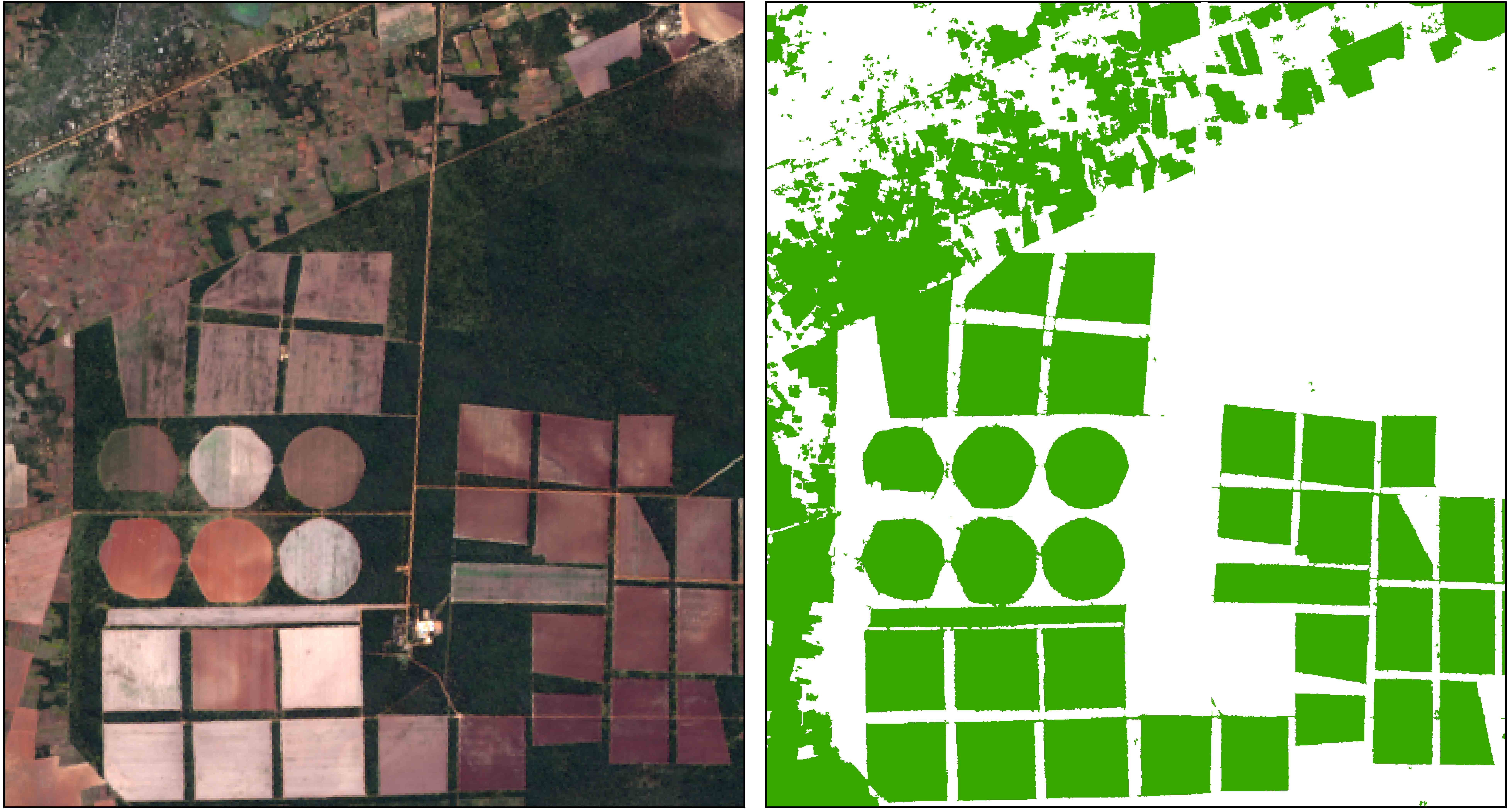

The 29th International Laser Radar Conference (ILRC) kicked off Monday in Hefei, capital city of east China's Anhui Province. The conference, the first time to be held in China, was hosted by the Anhui Institute of Optics and Fine Mechanics of the Chinese Academy of Sciences.
The Molecular Plant, an international English journal established by Chinese academies, remained popular among 228 of the world's leading plant science journals in the latest Science Citation Index (SCI), the People's Daily reported Monday.
Researchers from the institutes and universities of China, the United States and Canada have disclosed that plant growing season has not extended significantly with global warming slowing down. The findings can help people better understand the responses of phenology to climate change and the climate-carbon feedback.

A joint expedition team of China and Myanmar has finished their mission recently and collected more than 6,000 specimens of plants and animals, the Xishuangbanna Tropical Botanical Garden of the Chinese Academy of Sciences (CAS) said Friday.
Chinese astronomers plan to use the Five-hundred-meter Aperture Spherical Radio Telescope (FAST), by far the largest telescope ever built, to search for birthplaces of new suns so they can better understand how stars and life substances are formed.

The Chinese Academy of Sciences (CAS) handed over a high-definition cropland distribution dataset to Zambia on Thursday, aiming to help the southern African nation develop its agriculture sector. The Zambia National Fine Resolution Cropland Data Layer provides nationwide close to real-time cropland data and up to a 10-meter resolution ratio, according to CAS.

86-10-68597521 (day)
86-10-68597289 (night)

52 Sanlihe Rd., Xicheng District,
Beijing, China (100864)

